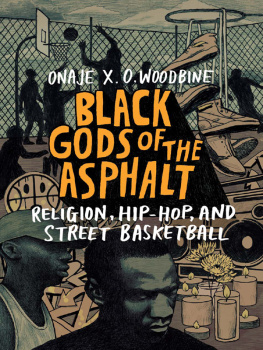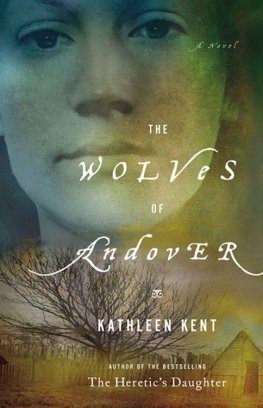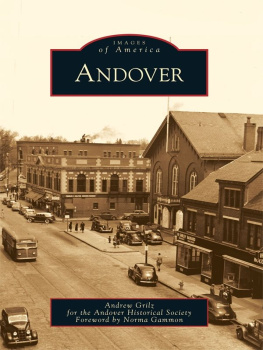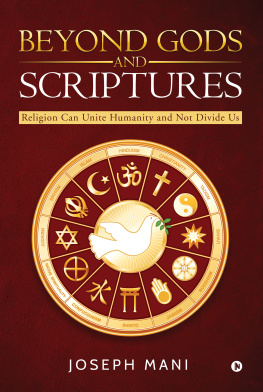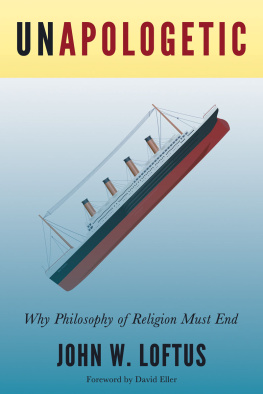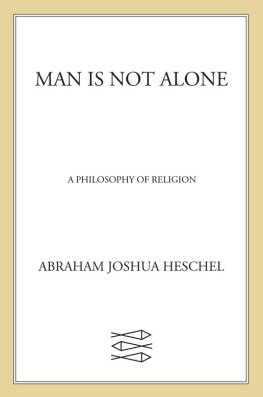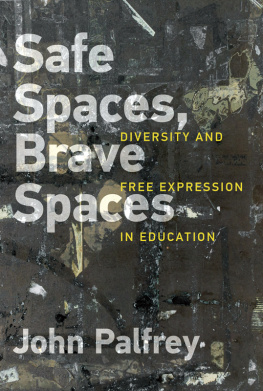Table of Contents
COLUMBIA UNIVERSITY PRESS NEW YORK
Columbia University Press
Publishers Since 1893
New York Chichester, West Sussex
cup.columbia.edu
Copyright 2016 Columbia University Press
All rights reserved
E-ISBN 978-0-231-54112-1
Library of Congress Cataloging-in-Publication Data
Names: Woodbine, Onaje X. O.
Title: Black gods of the asphalt : religion, hip-hop, and street basketball / Onaje X. O. Woodbine.
Description: New York : Columbia University Press, [2016] | Includes bibliographical references and index.
Identifiers: LCCN 2015038138| ISBN 9780231177283 (cloth : alk. paper) | ISBN 9780231541121 (e-book)
Subjects: LCSH: StreetballSocial aspects. | BasketballSocial aspectsUnited States. | African American basketball playersSocial conditions. | African American young menSocial conditions. | Urban youthSocial conditions. | Hip-hopUnited States.
Classification: LCC GV887.3 .W66 2016 | DDC 796.3238dc23
LC record available at http://lccn.loc.gov/2015038138
A Columbia University Press E-book.
CUP would be pleased to hear about your reading experience with this e-book at .
Cover illustration by Billie Jean
Cover art direction by Julia Kushnirsky
References to websites (URLs) were accurate at the time of writing. Neither the author nor Columbia University Press is responsible for URLs that may have expired or changed since the manuscript was prepared.
To Marvin Barros Jr., Manny Wilson, and the countless others who have died too young and before their time in the streets of Roxbury, Dorchester, and Mattapan
for we must think and the ghosts shall drive us on.
Howard Thurman
CONTENTS
This book would not have been possible without the young black men who were willing to share the most precious details of their lives with me. Although they remain anonymous or, in some cases, disguised behind pseudonyms, due to the sensitive information, I am forever grateful for their trust, humor, and love. I also wish to thank the basketball-tournament organizers, many of whom went out of their way to discuss the purpose of those games. I am particularly indebted to Russell Paulding, who spent valuable time with me each summer discussing street basketball.
I wish to express gratitude to my mentors and colleagues. My friend, Stephen R. Prothero, has been an invaluable source of knowledge and wisdom over the years and as I completed this manuscript. For his steadfast guidance and mentorship I am truly grateful. Walter E. Fluker, the MLK Jr. Professor of Ethical Leadership at Boston University, has been a vital conversation partner. Professor Fluker has also been instrumental to my growth as a person and scholar. Dr. Sharon Fluker offered valuable feedback on early drafts and continues to be a special mentor. Dr. Christopher Lehrich and I spent many lunch hours discussing my research. Our conversations have been among the most rewarding of my academic career. Several other mentors and colleagues have made important contributions to this project, including Dr. Chris R. Schlauch, Dr. Dwayne Tunstall, Dr. Emmett Price III, Dr. Victor Kestenbaum, Dr. Deeana Klepper, Dr. Erik Wade, Karen Nardella, Rosanna Salcedo, and my friends at the Fund for Theological Education. I am also grateful to Tu Phan, who contributed the opening poem. It would be remiss of me not express my gratitude to Wendy Lochner and the editorial team at Columbia University Press for their sound guidance and expertise. Finally, I am thankful to my colleagues at Phillips Academy Andover, who offered their kind and earnest support while I completed this manuscript.
I have deep appreciation for family and friends who have nurtured this book to its fruition. My mother, Robin M. Offley, made it possible for me to sojourn from Roxburys streets to the elite halls of Yale through her undying love and support. She deserves the credit for anything I may accomplish. My father, Dr. Robert J. Woodbine, has been my emotional and spiritual anchor throughout the writing of this manuscript. His are the shoulders on which I stand. I am also truly grateful for the poem that my father wrote for the epilogue. Other family and friends have made indispensable contributions to my life, including Peter Woodbine, Granny, Marvin Barros Sr., my grandmother Elaine Bell, my grandfather Leroy Bell, my brother Bokeem Woodbine, Leondra Dale, Polo Dale, Brian Dale, Tim Dale, Rhik Thompson, and Ms. Wilson. I am also indebted to Doris Barros, my late best friends mother, who began treating me like her son on the day we met. Finally, I wish to thank my beloved wife, Folasade Woodbine, who made it possible for me to spend several years conducting research for this book. It is with deep reverence that I thank her for reviewing the manuscript and offering her wisdom and love. And finally, to my beautiful son, Sowande Woodbinethank you for choosing me.
ENTER THE CHAMBER
Enter the chamber
this callous court on cracked concrete.
Enter the chamber
this holy home in hope of hoops.
Enter the chamber
this sacred space of sacrificed spirits.
Enter the human body
where our bones break in battle
where our blood blisters from basketballs
enter our territory
watch how we defend
watch how we defeat
how we bend, move to heartbeats
this is how we hit hoops
how we hip-hop
to cypher all of these elements
to consecrate a language of our streets
of our ancestors from the past
of our game of peace
of the first shall be last
and the last shall be first
feel our language of resistance
feel how we carry it outside our bodies
but watch how we keep our dribble
watch how we hold each other on this block
because on this block
there are shots, shots, shots
we carry all of this outside our bodies.
We turn the tables on this floor
tear it up with sneaker scratches
listen to the movement
the spins and cuts of creature habits
we jump to BASS, BOOM, and BAPS
watch us chase moon with raps
the people know our name because in this game

